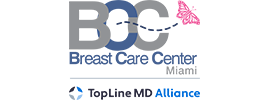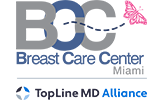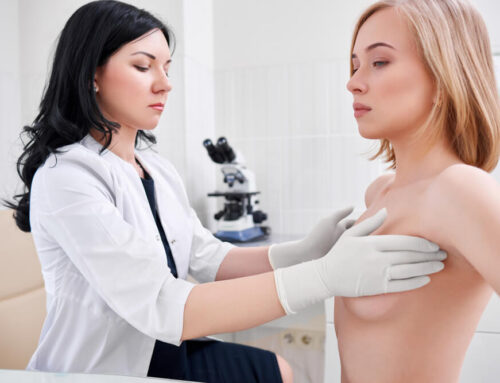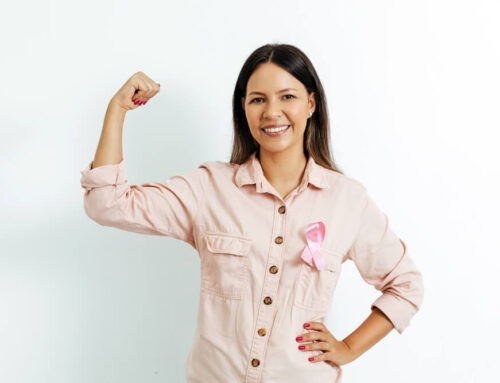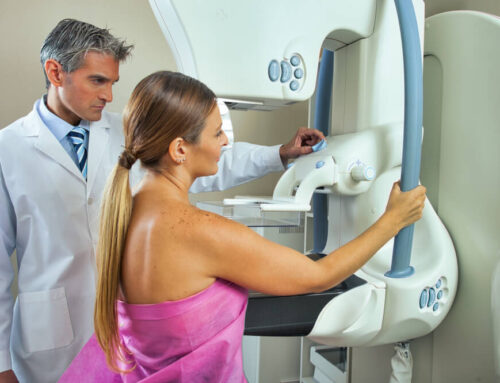Breast cancer is the most common cancer in women in the United States. It can also develop in those who don’t present any risk factors, such as being overweight, smoking, and drinking alcohol.
However, there are some practices that you can implement in your life that can help you to look after your breast health. We’ll also discuss how to get bigger breasts naturally fast at home and how breast vitamins and a dense breast tissue diet can help with having healthy breasts.
This can help reduce the risk for cancer and other conditions, such as heart disease and diabetes.
So let’s take a look at the things you can do at home to have healthy breasts.
Exercising and Maintaining a Healthy Weight
The American Heart Association recommends that people engage in moderate-intensity aerobic activity for 150 minutes or vigorous aerobic activity for 75 minutes per week. They can also do a combination of both exercises.
Women who exercise regularly are 25% less likely to develop breast cancer than those with a sedentary lifestyle.
It is crucial to maintain a healthy weight, as with obesity or a body mass index (BMI) of 30 or higher, breast cancer is more likely to spread to other organs.
Exercise can also improve bone mass – people who have undergone chemo and endocrine therapy have a great chance of developing osteoporosis and bone fractures. This is because their medications can lead to a lower bone mineral density.

Breast Enlargement Exercises
If you’re wondering how to get bigger breasts naturally fast at home, we recommend avoiding breast health supplements. They may contain herbs and ingredients that can interact with the medications that you’re taking.
There are some breast enlargement exercises that you can do at home. However, keep in mind that your breast size depends on genetics, lifestyle, body weight, and your menstrual cycle.
Here’s what you can do at home:
Wall Presses
You can perform wall presses by pressing your palms flat against a wall, and these should be at the same height as your chest. Make sure you move forward slowly and repeat this exercise 10 to 15 times.
Arm Presses
You can perform arm presses either while sitting or standing. Extend your hands in front of your chest and open your arms so you make a backbend. Then, bring them back together.
We also suggest using weights or a resistance band to make this breast enlargement exercise more advanced.
Staying Hydrated
Staying hydrated is also important for your breast health. It also helps you produce the right amount of breast milk if you’re breastfeeding your baby.
That said, at Breast Care Center Miami, we recommend our patients to:
- Drink about 8-12 ounce glasses of water: We also recommend avoiding beverages containing sugar, as these have a lot of calories. Pasteurized 100% fruit juices, milk, and low-sodium broth can also help you stay hydrated. If you’re craving a sugary drink, you can add fruits and berries to your water.
- Eat food with high water content: These include melons, strawberries, cucumbers, and broccoli, among others. Other foods include low-sodium soups, popsicles, and gelatins.
- Drink caffeine in moderation: Caffeine acts as a diuretic and flushes water out of your system, so it shouldn’t be your main source of liquid. As a result, consuming over 400 mg of caffeine a day can cause dehydration, dizziness, heartburn, and muscle tremors.
- Using lotion: This helps soften dry skin. You can also suck ice chips if you’re unable to drink enough fluids.
Furthermore, newborns usually breastfeed about 8-12 times a day, so drinking a glass of water before or after feeding your baby can help you reach your daily quota without even thinking about it.
In addition to that, people undergoing chemotherapy should also stay hydrated, as treatment can cause dehydration.
Taking Breast Vitamins
Sometimes, we may recommend our patients to take breast vitamins, such as vitamin D. Women who have low levels of vitamin D have a great risk of developing breast cancer, and recurrence can also occur in cancer survivors.
There are some vitamin D-rich foods that you can consume, such as:
- Cod liver oil.
- Salmon.
- Mushrooms.
- Fortified cereals.
- Trout.
However, if you think you’re not getting enough vitamin D, see a medical professional.
Blood tests can help us determine your vitamin D serum level, and if it’s low, you may have to revisit your doctor’s office to have it checked again and adjust the dose accordingly.
Other people who may need to take vitamin D supplements include:
- Those with chronic kidney disease.
- Those with obesity.
- Those who are in their post-menopausal phase.
- Women who are breastfeeding.
Limiting Alcohol Consumption
Limiting alcohol consumption can also help with your breast health.
According to the American Cancer Society Guideline for Diet and Physical Activity for Cancer Prevention, men should not drink more than two drinks per day. Women should limit their intake to no more than one drink.
Still, it is best not to drink alcohol at all.
Women who drink alcohol have a 15% higher risk of developing breast cancer than those who don’t drink, as alcohol increases estrogen and hormone levels associated with hormone-receptor-positive breast cancer.
That said, studies indicate that with each drink, the risk increases by another 10%.
Alcohol consumption can also lead to other cancers, such as mouth, throat, liver, and colon cancer.
Following a Dense Breast Tissue Diet
Having dense breasts is one of the risk factors for breast cancers, and we can access breast density through a mammogram, MRI, or ultrasound.
Some factors that can lead to an increased breast density include:
- Genetics.
- Lifestyle factors.
- Menstruation.
- Hormonal signatures.
Some foods can increase breast density, such as:
- Red meat consumption.
- Saturated fats, such as meat, butter, and ice cream.
- Refined carbohydrates.
However, women with dense breasts can consider following a dense breast tissue diet, which can help decrease breast density and have healthy breasts.
We recommend:
- Eliminating caffeine.
- Decreasing or eliminating red meat.
- Increasing fiber to 45 mg per day.
- Drinking green tea.
- Avoiding alcohol consumption.
- Eating vegetables that contain carotenoids, such as carrots and sweet potatoes.
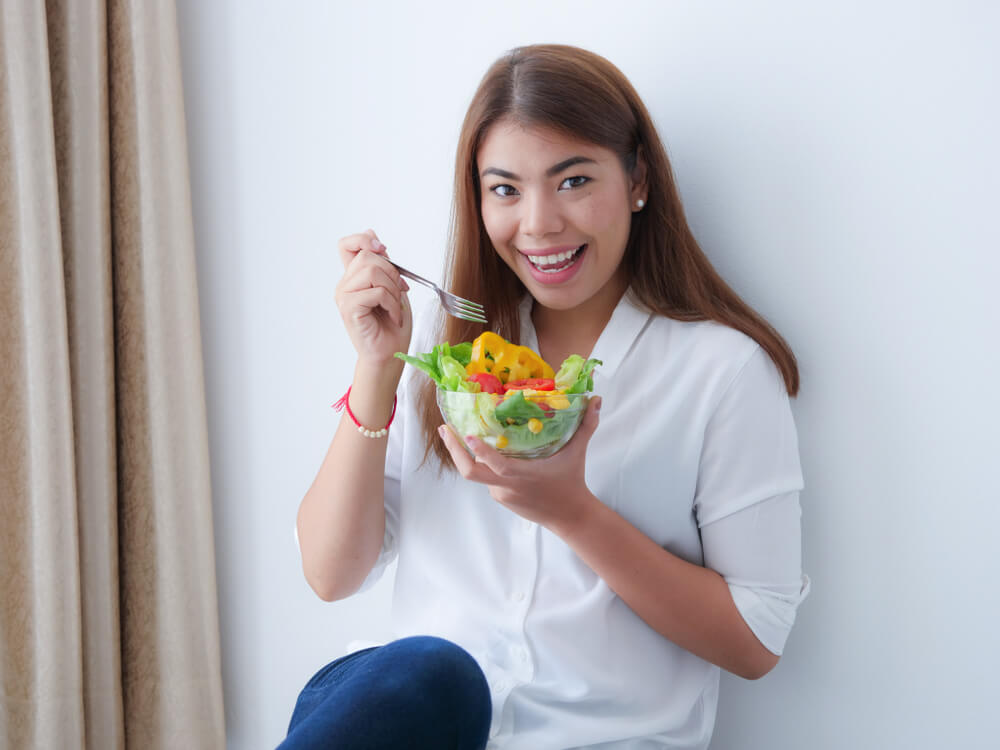
Examining Your Breasts
Unfortunately, we can’t prevent breast cancer, but there are steps that we can take to help detect it earlier before it spreads.
We encourage our patients to perform a breast self-exam at least once a month – this can also help you become familiar with your breasts and how they look and feel, so if you notice any abnormalities, you can alert your doctor.
You can check your breasts in front of a mirror, leave your arms at your sides and then raise them high overhead. Look for any changes, such as swelling or dimpling of the skin.
We also recommend pressing firmly to flex your chest muscles.
In addition, some people may prefer performing a breast self-exam when they’re lying down and placing a pillow under their right shoulder.
If you notice any of the following, call your physician to book an appointment:
- Water is coming out of your nipples.
- A hard lump near your underarm.
- Dimples or ridges on your breast skin.
- Itching and scales.
Book Your Appointment Today
There are various steps that you can follow to help you look after your breasts and reduce the risk for breast cancer or recurrence.
We offer personalized care to our patients, and it depends on the individual’s medical and family history, lifestyle, and whether they are experiencing any symptoms.
If you want to learn more about how you can keep your breasts healthy, call our reception desk today at (305) 271-3300 to set your appointment.

